10 Genius Tips To Keep Fruits and Veggies Fresh Longer
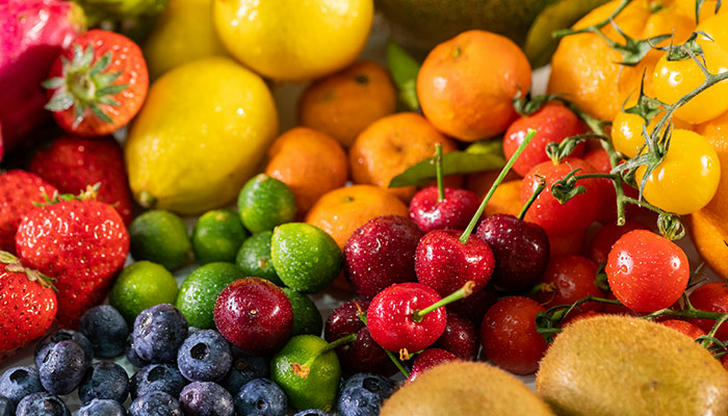
Have you ever wondered how to keep fruits and vegetables fresh longer? Nothing comes better than a fresh, crispy salad for a fitnessy lunch. But one of the biggest problems with fitnessy food choices is the food gets squishy, moldy and spoiled within no time. Delicious fruits and vegetables tend to spoil pretty quickly, even you put them into refrigerator, or fancy crisper drawers as soon as you bring them home.
For those who are trying to get more fruits and veggies in their diet, the good news is that there are practical steps you can take to prevent waste. Here we’ve listed some easy tips and tricks that will help keep your produce fresh and tasty for as long as possible, as well as cut down on food waste. Follow these tips and eat fresh.
Use Produce Bags for Storage
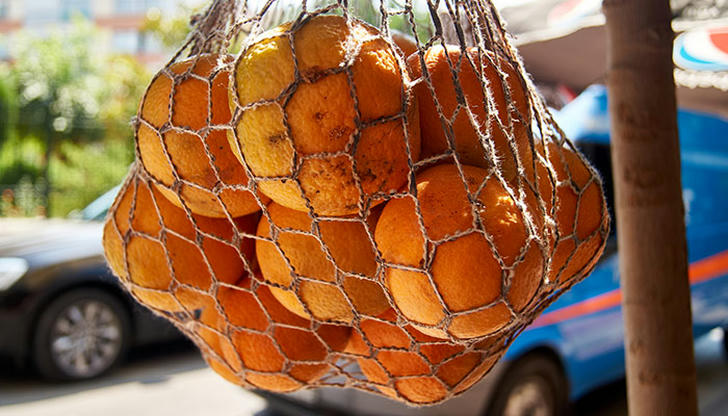
Produce bags are amazing for storing produce. Sealed plastic bags aren’t a good choice since they trap moisture and air in, which then speed up the rotting process of the fruits and vegetable. This combination of water and air creates an ideal environment for bacteria growth.
Instead, grab specifically designed grocery bags before your next trip to the grocery story. They are made of breathable mesh materials that allow air to flow through them, which help prevent moisture and germs buildup. The fabric also keeps air circulating, decelerating the ripening process while keeping the flavor of your produce intact for a longer period of times. Furthermore, the bags absorb moisture and air, allowing your fruits and vegetables to stay fresh in the refrigerator for a much extended period.
Understand and Keep an Eye Out for Cold-Sensitive Produce
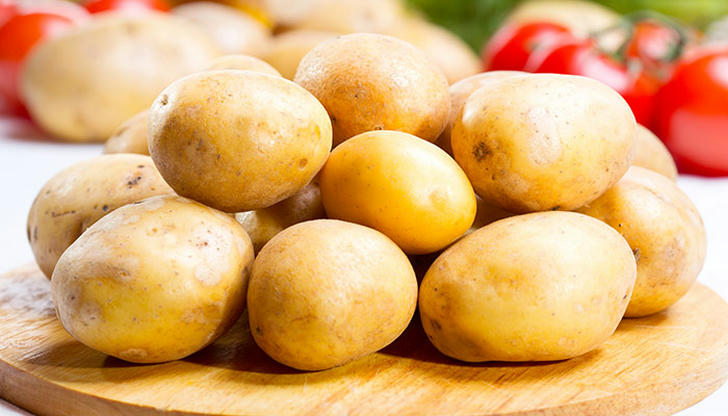
Certain types of fruits and vegetables can survive when stored in a refrigerator, however, some should not be placed in a refrigerated environment. Instead, these items should be placed in a cool, dark area that is not at a refrigerated temperature.
Fruits like apples, pears, plums, peaches, nectarines, citrus fruits, and melons all thrive in cold storage. Vegetables like potatoes, onions, garlic, cauliflower, beets, and turnips are also great to store in cold temperatures. While Berries, tomatoes, squash, cucumbers, and avocados should not be refrigerated but instead are better off stored at room temperature in a cool dry spot out of direct sunlight. Keeping these items in the refrigerator can cause them to lose flavor and texture and will make them spoil faster. These items should also be kept in open-air containers and breathable bags. This is why potatoes are typically stored in sacks with small perforations in them.
Know Which Veggies and Fruits Produce Ethylene
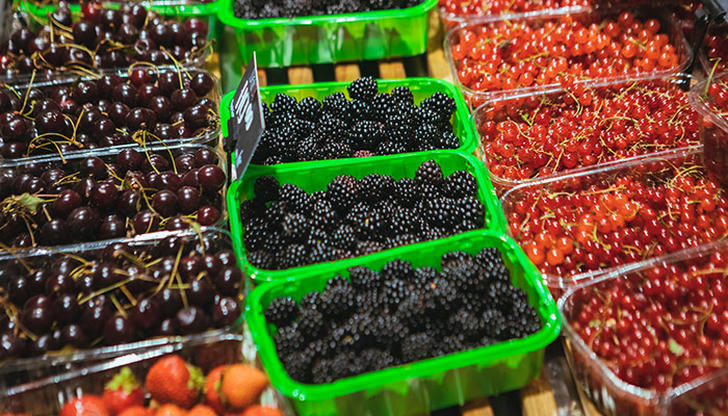
There’s a gas released by certain veggies and fruits called ethylene. It’s a colorless gas that serves as a sort of ripening hormone, accelerating the ripening process of fruits and vegetables. Some fruits and vegetables release more ethylene than others, making them rot quickly if they are not properly stored, so it’s important to be aware of what items emit this gas and keep them separate.
Apples, bananas, melons, pears and peaches are ethylene producers. Tomatoes are moderate ethylene producers. Broccoli, cabbage, cauliflower, etc., are ethylene sensitive. If you store apples and tomatoes together, the apples may ripen too quickly due to all the ethylene gases that the tomatoes will be releasing, making them go bad before you have a chance to eat them. To prevent this, try and store them in separate areas of your fridge or pantry.
Bananas Should Be Stored With Plastic Wrap on Their Stems
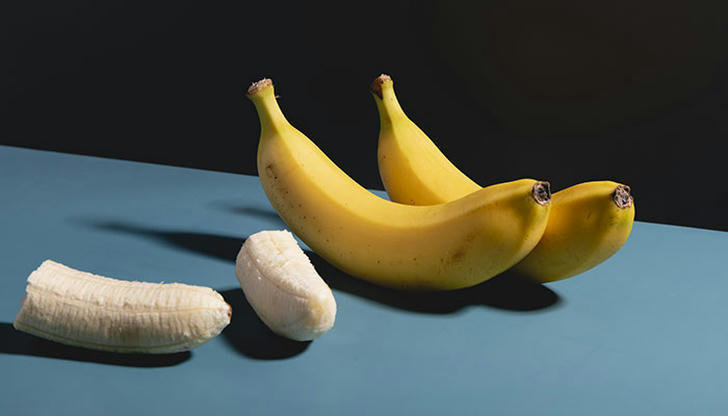
You’ve probably noticed that bananas tend to go bad pretty quickly, growing with brown spotted, and it seems like you only have one day to enjoy ripe bananas after bring them home from the supermarket. So how can you keep them sweet, yellow and perfectly ripe longer?
Use this grocery store trick to slow down bananas’ ripening process by wrapping around the stems in plastic wrap. You can also break apart the bananas and wrap each of them individually. The wraps assist in restraining the emission of ethylene, the gas that accelerates the progression of brown spots on bananas.
Keep an Eye on Your Produce and Move It as Needed
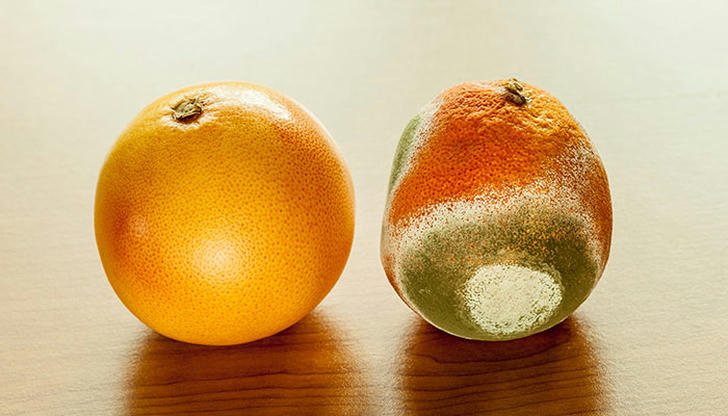
If you find that one of your fruits or vegetables is no longer fresh, for example an orange in a bag of oranges, you should separate it from the others right away. Leaving the bad item with the good ones will cause them to spoil quickly too.
You’ll notice an increase amount of mold and bacteria growth in fruit when stored together. Take a careful look at every single piece of fruit to check whether mold has started to develop. Then, spread out the rest pieces of fruits so that they are in a clean and airy atmosphere. They will last 3-5 days longer if you separate them.
Know When to Refrigerate and When Not to Refrigerate
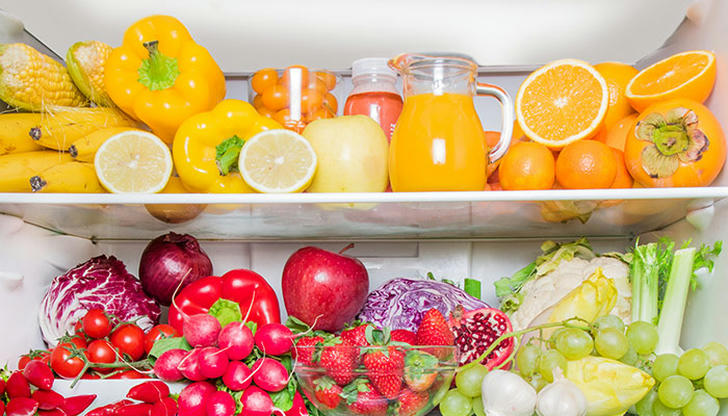
Knowing when to refrigerate and when not to refrigerate is essential to keep produce fresh for longer. Some produce will last in the fridge for weeks, while others should never be refrigerated raw. Instead, they should be stored on the countertop until cut, such as melons, squash, cucumbers, avocados, onions, potatoes and sweet potatoes.
Generally, fruits and vegetables that are firm to touch and have thick skin cannot be refrigerated, while softer fruits and vegetables with thin skin should be refrigerated immediately. Those fruits like blueberries, cranberries, currants, grapes, strawberries, and raspberries should be kept cold. Do not wash them until you are ready to eat them.
Storing Leafy Greens Properly Can Keep Them Fresh Longer
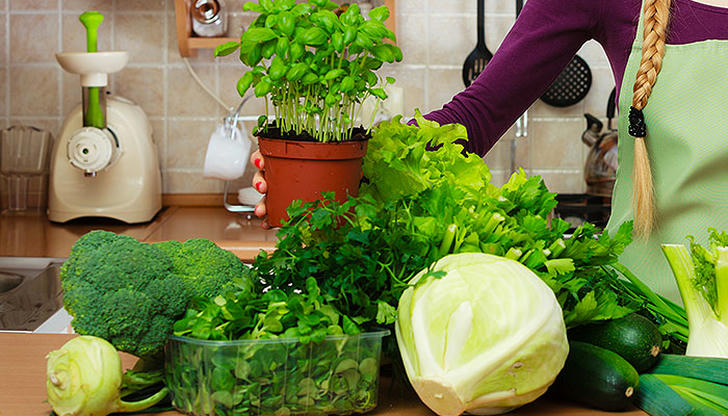
Don't refrigerate leafy greens the moment you get home and wait until later to treat them. You’ll only to expect opening the bag a few days later and seeing sad, wilted, or even slimy leaves inside. Rinse them thoroughly and pat them dry. You can store them in the fridge or sealed bag and pressed out as much air as possible and sealed the top, or if you prefer, you can prepare them right away. Then you will be able to store tender greens for up to 10 days
Asparagus Is Best in the Fridge With Moisture
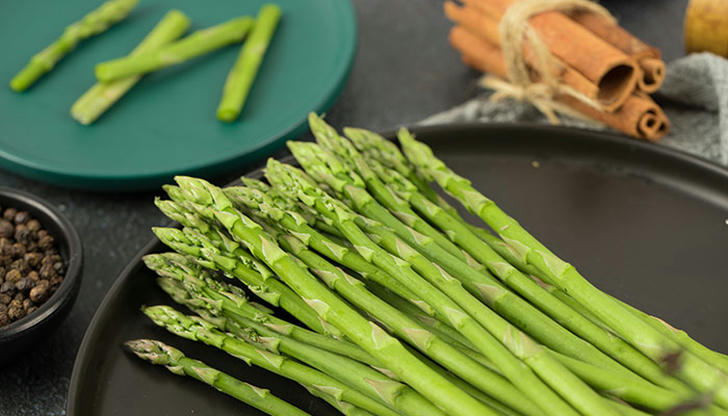
Regardless of the time of year, you can find asparagus nearly everywhere. It is a simple and timeless side dish that you can prepare in a matter of minutes. Best to store in the fridge, asparagus is an exception to the rule of what makes food go or rotten. Use these tricks to help keep your asparagus fresh in the refrigerator:
As soon as you bring them home, trim off the asparagus bottoms. Discard the ends. After rinsing the asparagus thoroughly and towel drying it, either wrap the stalk ends in a damp paper towel and place them in an open container, or grab a glass jar and fill it with water, just like you would a vase for flowers. By following these, asparagus can stay fresh for up to ten days longer in refrigerator.
Tomatoes Shouldn’t Always Start in the Fridge
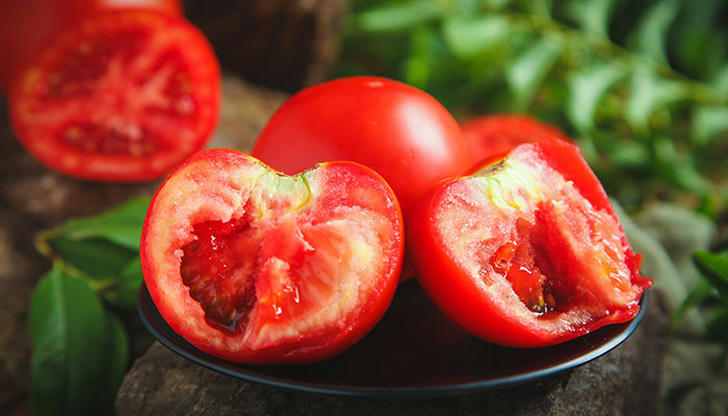
When purchasing only soft, bright red tomatoes, you should immediately place them in the refrigerator. But what about tomatoes that are green and firm? You should begin them out at room temperature instead of putting them in the refrigerator, ideally in a kitchen window or other place where they can receive sunlight. Once the tomatoes are fully ripe and begin to feel a little soft, they should be put to the fridge. To keep them fresh longer, store them stem side down.
Understand the Shelf Life of Your Produce Items
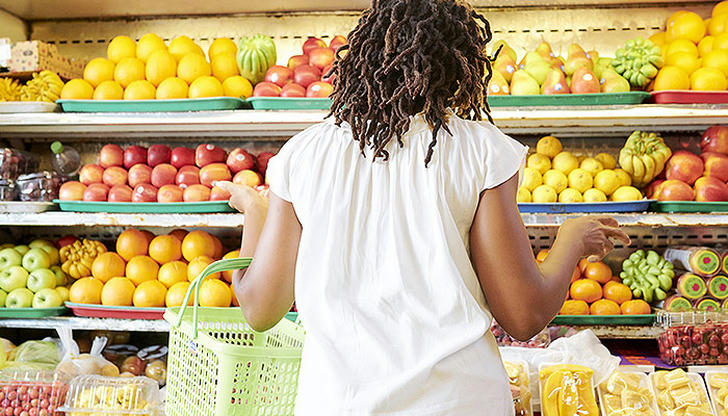
The storage lives for individual fruits and vegetables vary. Some may last only a couple of days, while others may last for several months. The storage periods of different fruit and vegetable items are distinct. Root vegetables, such as potatoes and sweet potatoes, are more durable than other items, such as bananas and leafy greens. Keep in mind the storage life of the items you purchase when shopping for fruit and vegetables to avoid spoilage.

